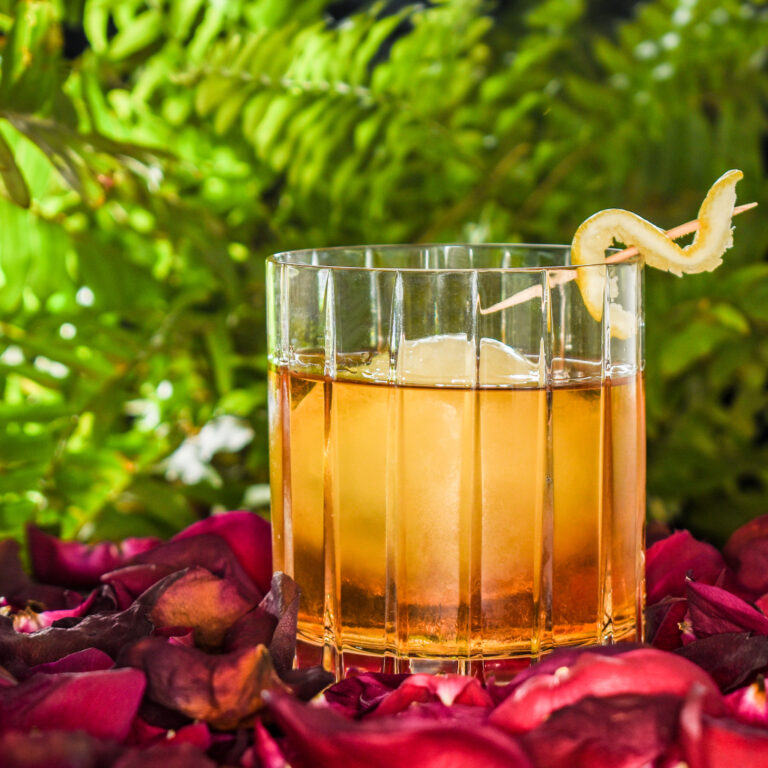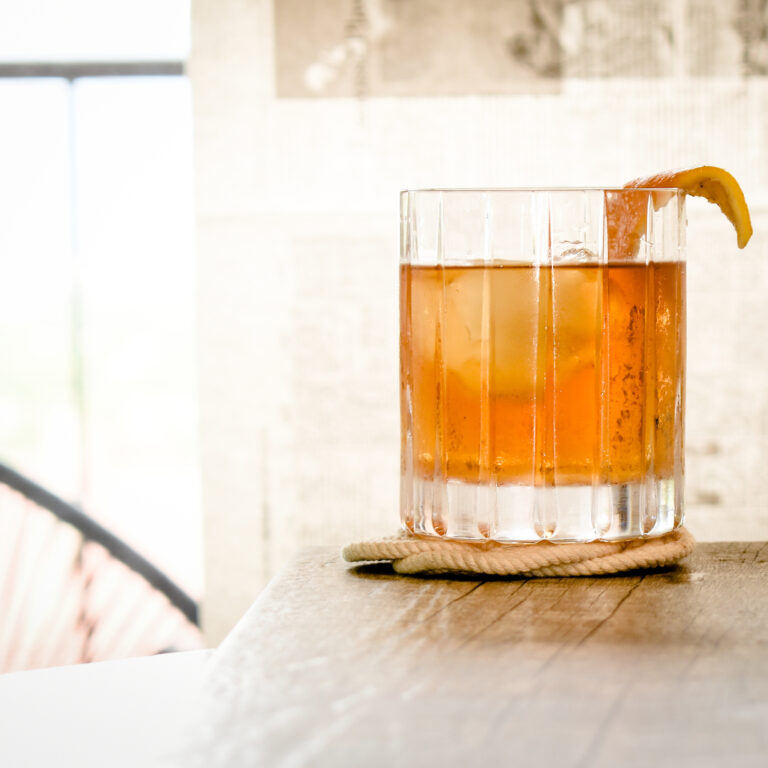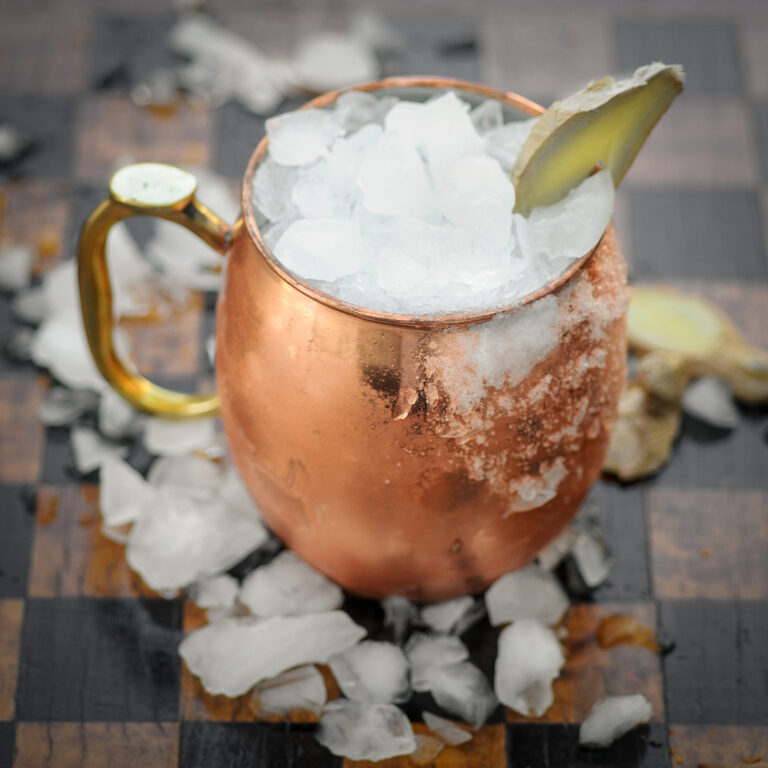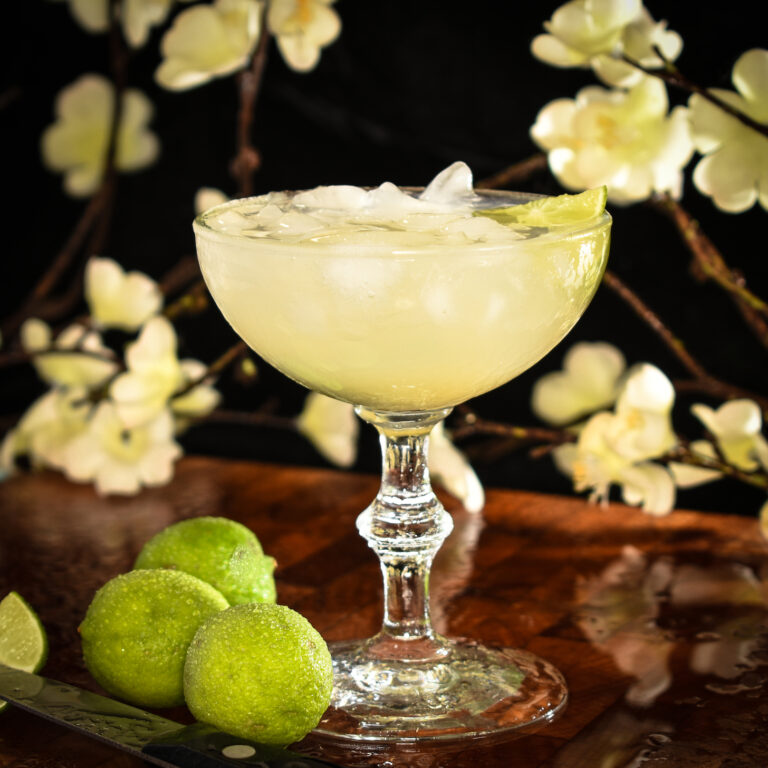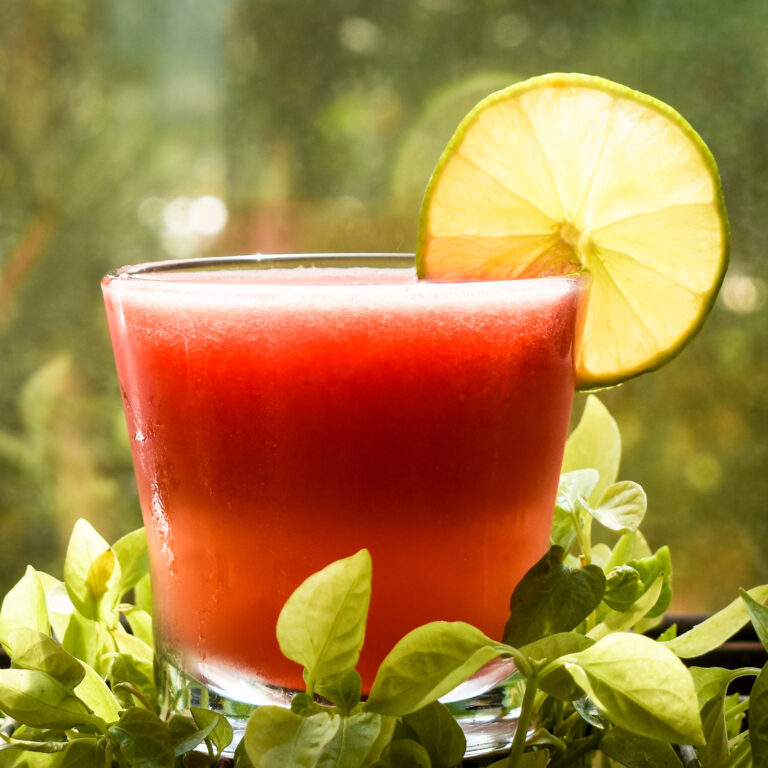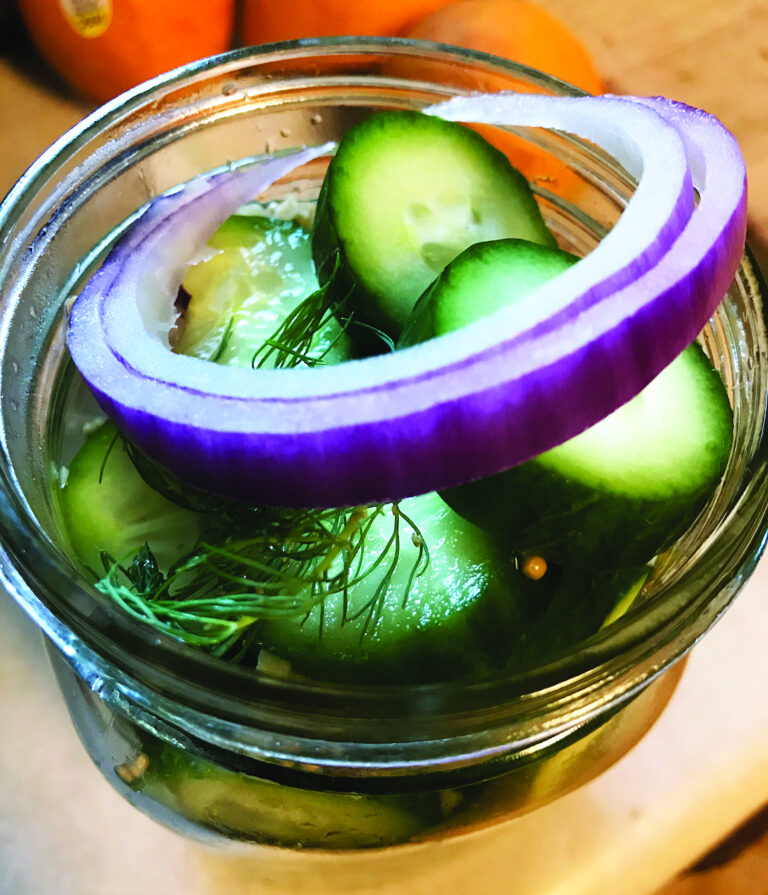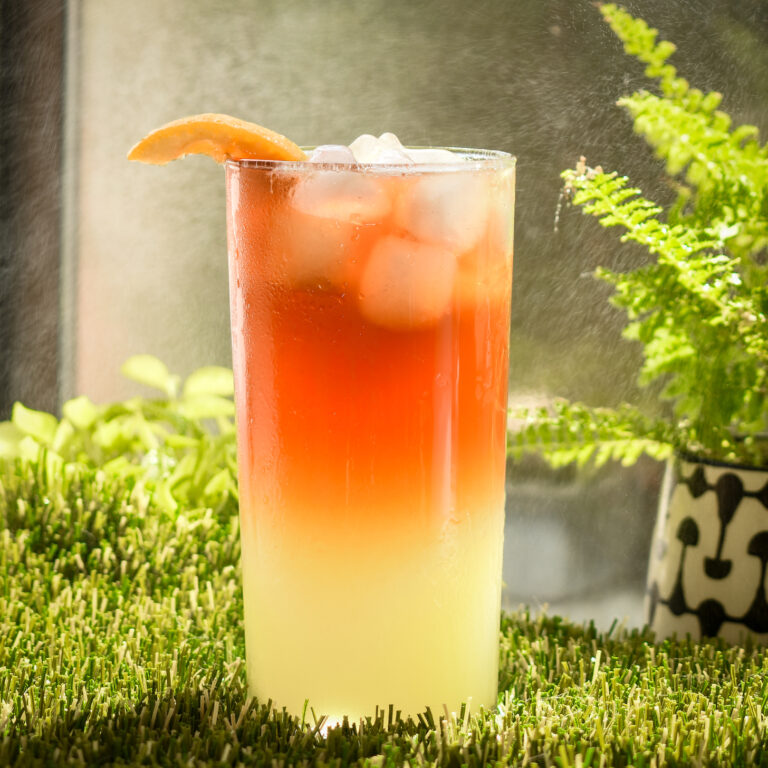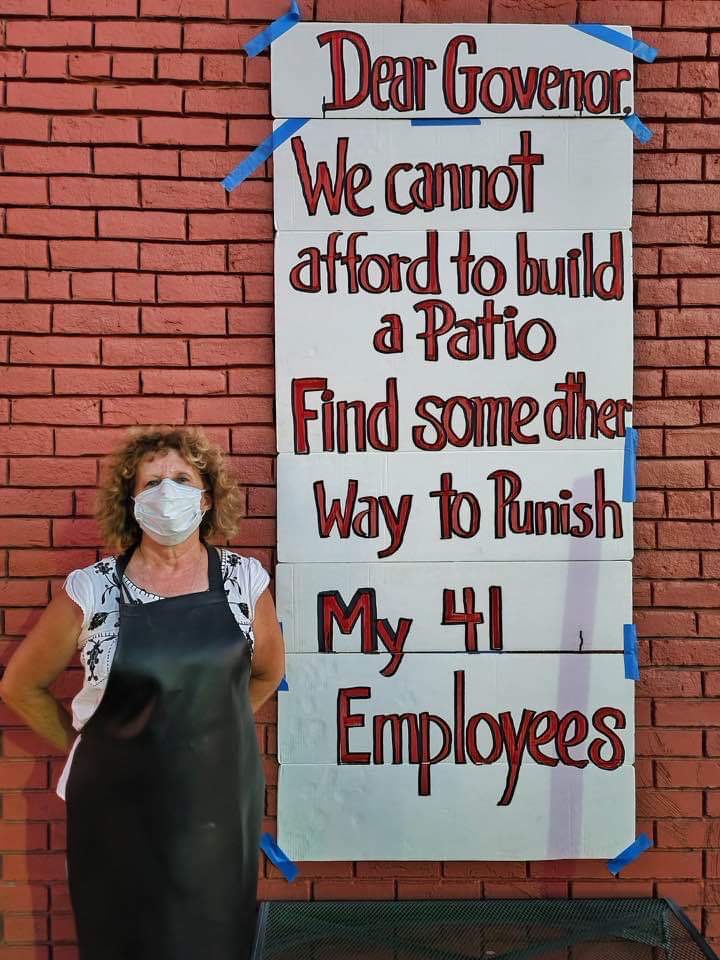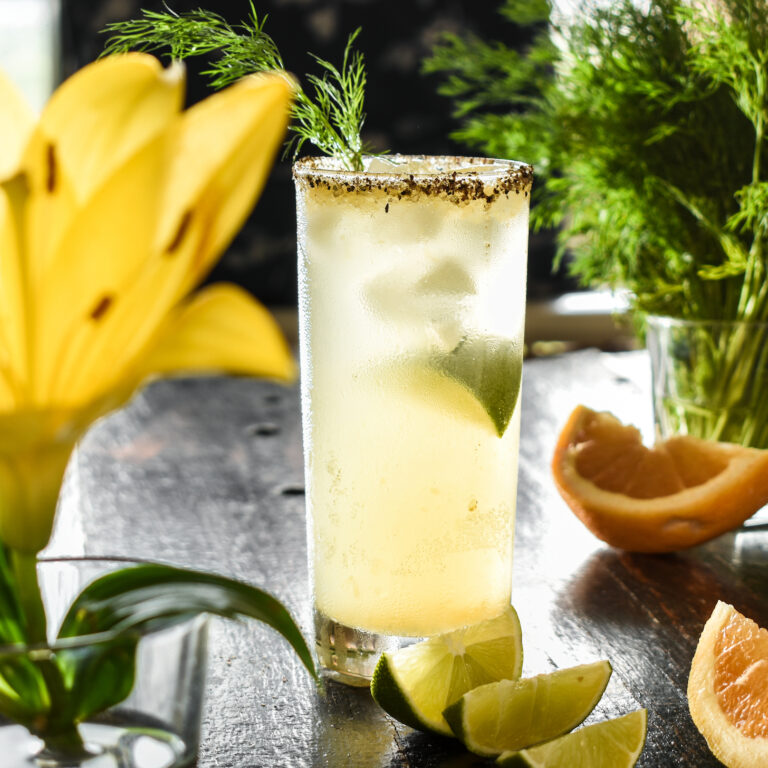There was some collateral damage, though. Those “Industrial-Strength!” chemicals made me cough and sneeze so bad I had to evacuate the bathroom. That made me wonder what sort of damage I was doing in the name of cleanliness, not only to my mucus membranes but to the ecosystem.
“No-scrub,” by the way, is a total lie. I spent a fortune on bottles of “Number One Grime-Buster!” and still had to scrub so hard I woke up the next morning with arms so sore and useless I felt like T-Rex, pissed off but powerless to smack anyone for it. Wait, didn't mom used to wash the windows with ammonia and newspaper? (Or am I just remembering her “supervising” as I did it?) Didn't grandma wipe down the dining room table with a vinegar-soaked washcloth? And her house always seemed spotless. It seems reasonable to assume that with a lot less money and a little more time (more than zero, at least) one could keep a fairly clean house.
A couple of hours of research on the Internet supports this hypothesis. Most of the bottles in the cabinet beneath your sink are made up of the same few active ingredients plus a bunch of scientific-sounding words that, if memorized, would make you an international Scrabble champ. All-purpose cleaners usually have some sort of soap-like agent that cuts grease and another ingredient that kills bacteria, most commonly bleach or ammonia. Scouring powders (like Comet) and moist scouring gels or pastes (like Soft Scrub) contain an abrasive and sometimes bleach. Glass cleaners (like Windex) are almost always ammonia-based.
Aside from these active ingredients, store-bought cleaners are mostly water. Why should you pay for water, soap, bleach and a bunch of chemicals you can barely pronounce if you can make an equally effective (and less toxic) concoction at home? You'll save money by mixing your own and feel safe in knowing exactly what you're spraying all over the place.
First, take into consideration the kind of cleaning your house, especially the kitchen and bathroom, requires. Do you have wood floors? Vinyl? Is your sink stainless steel or porcelain? Does your stovetop get especially greasy? Do you really need a dozen different cleaners or can you get away with just a few? You can probably safely clean every surface in your house with dish soap, water and the ingredients listed below. Pick up a few empty spray bottles a couple of items from the grocery store and you'll have the makings of pretty much everything you could need.
Baking soda, chemically known as sodium bicarbonate, has the unusual ability to neutralize gunk whether it's an acid or a base, making almost any kind of smelly goop dissolve more easily in water. This cheap but effective household staple is an extremely mild abrasive that cleans fiberglass as well as chrome and deodorizes in the process. My grandmother used a paste of baking soda and water to soothe bee stings, brush her teeth and scrub the bathroom sink (though probably not in that order). A simple paste of baking soda, water and a little liquid dish soap will remove most stubborn crusty stuff just as well as Soft-Scrub. Try using it to clean out the refrigerator (mix in a little borax if you've got it). Want the fridge to smell lemony fresh? Scrub with a lemon half instead of a sponge.
Vinegar is probably the most underrated household cleaner. Keep your cider vinegar next to the balsamic and put a jug of distilled white vinegar under the sink for cleaning purposes. It is completely non-toxic and works wonders on gunky glass, greasy stovetops, stained coffee makers and tea cups, not to mention vinyl floors. Make a paste of vinegar and salt to clean the tarnish off of your copper pots. (Ever hear of using ketchup for copper? Why let the burgers go dry when you could just use the active ingredient, vinegar?) For floors, pour two cups of vinegar and a few drops of dish soap into your mop bucket, then add a gallon of warm water. You'll never have to freak out about the baby or the dog licking up a mouthful of Mop ’n' Glo. Make your own window cleaner spray by mixing one part vinegar to two parts water. A few drops of blue food coloring might help ease you into the transition. And to remove mineral deposits on your faucets, wrap vinegar-soaked paper towels or rags around the faucets for about an hour. The vinegar will break down the scale. Wipe, rinse and buff dry with a clean towel.
Ammonia is a naturally occurring substance that is produced in soil by decaying plants, animals and animal excretions. In high concentrations it can be dangerous, causing burns in your eyes, nose, lungs, mouth, throat and stomach if inhaled or swallowed. You've probably noticed yourself coughing when spraying too much tile cleaner in the shower. (I have!) That's ammonia. There aren't too many cleaning jobs that require cleaners as strong as ammonia or bleach so pick one or the other and use them sparingly. Me? I'd choose bleach over ammonia.
Bleach whitens grout between tiles as well as it whitens your sheets (something ammonia won't do). It's also toxic if swallowed and harmful to your skin. Bleach kills germs and pretty much anything else it comes into contact with (think salmonella, E. coli), so when you're losing the war on germs mix a solution of one part bleach to 10 parts water in a spray bottle. Use it for your most noxious tasks like cleaning kitchen surfaces after cutting raw meat. Pull it out of the arsenal any time whitening is your top priority, like when the mildew in your shower has turned the grout black and you're not sure but you think it might be moving.
Borax, a naturally ocurring substance, acts as a water-softener, deodorizer and stain-remover. It also helps to boost the cleaning power of soap which is why you'll find it in the laundry section at the grocery store. Borax is especially good for cleaning walls, floors and as an ingredient in scouring powder. Those mineral deposits on your faucets, sinks and shower walls are caused by Albuquerue's hard water (water that carries a relatively high load of minerals like calcium and magnesium). Although mineral-rich water is probably slightly beneficial to your health it makes cleaning a real bitch, especially in the kitchen and bathroom. Try making a paste of borax and vinegar to remove soap scum and hard water stains in the shower.
